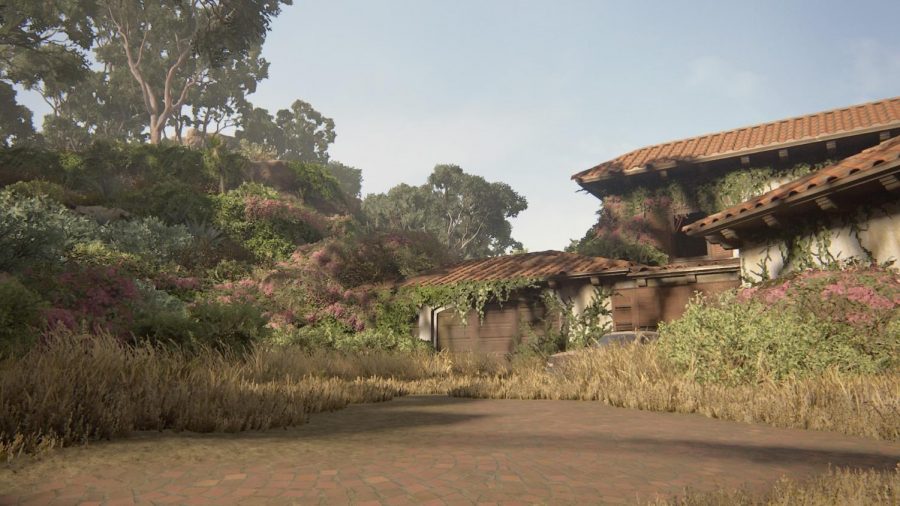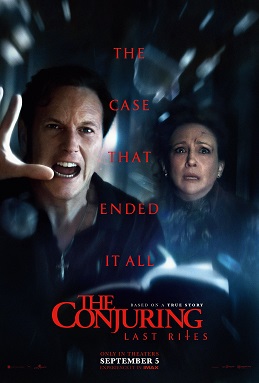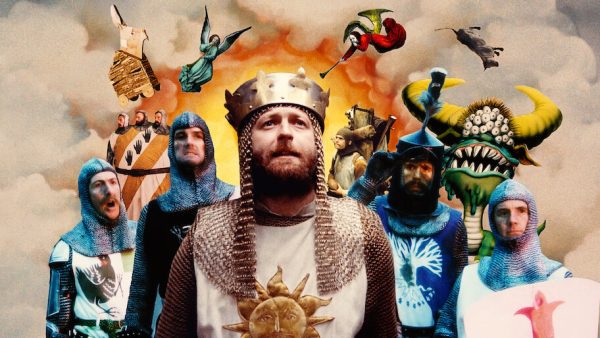The Last of Us Part II Conflicts the Storyteller Within
Spoiler warning for The Last of Us franchise!
Seemingly since the inception of man, there have been two sides to any argument, and many times we may feel that we are on the correct side simply because others say so, with no evidence to support our reasoning. Within the past few years, the internet has done nothing but promote this idea. Such is the case with Naughty Dog’s PS4 exclusive, The Last of Us Part II. Understanding that the user score on Metacritic is very low, I would like to add my perspective, in defending this masterpiece.
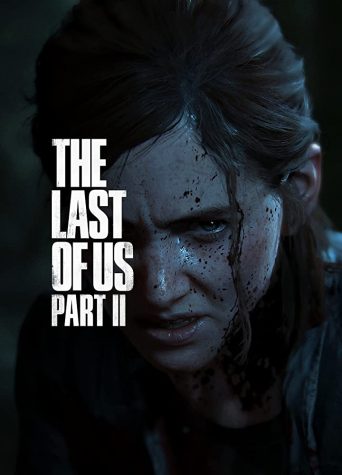
When announced, I was extremely skeptical. I thought, “How do you make a sequel to one of the greatest games ever made?” Their answer? Kill off the main character. The death of Joel, the protagonist of the original PS3 classic, came as a shock to me – but not necessarily everyone. This was because large portions of the story were leaked around a month before the game’s release, including Joel’s death. I avoided these leaks, wanting to experience the game with fresh eyes, and to me, it paid off.
I felt the same way Ellie did, I wanted to go after his killers and make them pay. In my mind, words from the previous game instantly filled my thoughts. “It can’t be for nothing.” Going into it knowing this completely goes against this moment, as well as lessening its value. Imagine the outrage had Iron Man’s death been leaked before Avengers: Endgame, before the audience understood the meaning and reason for his death.
Here, Joel’s death is used not just as the inciting incident, but also to build upon the world established with the original, one in which at any point you can lose everything. Something of note to add in this regard is that the story only works if you’ve played, and enjoyed, the original. Otherwise, there’s not much explanation as to Joel and Ellie’s relationship (excluding the flashback scenes).
Another element his death adds is perspective, and there are two ways the game presents this idea: First, for around half the story, you play as the villain, Abby. At first, I would assume everyone, including myself, was unpleased playing as her. She did just brutally murder our main character. Experiencing certain points of the series from her point of view helps us understand the reason she wanted to go after Joel, even if we don’t agree with it, which is interesting because it makes us think about why she’s “wrong.” What makes her the villain, and Joel the hero? From her perspective, he killed her father, and from Ellie’s perspective, Abby killed her only father figure. This leads into the second use of perspective of Joel’s death (we’ll need to back up slightly for this.)
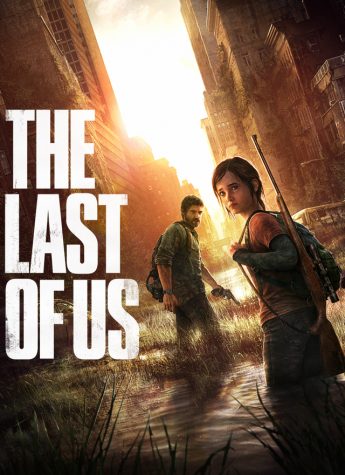
The story of the original sees Joel taking Ellie from Boston to a group called The Fireflies in Utah because Ellie is immune to a deadly virus that’s destroyed society. At the end of that game, Joel decides to save Ellie because the only way to make a cure is for Ellie to die during surgery. When Ellie asks what happened, because she was unconscious, Joel lies, saying there were dozens like her. We understand why he does this because, for him, Ellie represents a daughter figure whom he’s been without since the loss of his daughter, Sarah, during the initial outbreak of this virus. The player may not agree with his choice but can understand it.
Through flashback scenes in Part II, we learn that Ellie eventually discovered the truth, not through Joel, but a tape recorder accounting the event. Because of this, Joel’s biggest fear of losing another daughter is realized. Within Part II Ellie goes through a similar journey. In the original, we learn Ellie’s biggest fear is ending up alone, and because she goes after Abby trying to bring justice, and protect those around her, it leads to exactly that. The final scene of the game is Ellie going back to her home and finding that her wife has left.
Both Joel and Ellie try avoiding their worst fear by taking the path that leads them to it because from their perspective they thought they were doing what was right. The only way for Ellie to experience this new and intriguing story was for Joel to die. His death is meaningful, and much like the game itself holds a reason to exist.
If you’ve never read an article of mine let me catch you up, when it comes to bashing digital media for unnecessarily using politics, normally I take any chance I get. So why does it feel so different now? I think a major factor would be the characters that draw me in and keep me invested. Seeing Joel and Ellie’s story continue, and getting the answers to questions I pondered for 8 years, was satisfying even if it wasn’t necessarily what I wanted.
Another would be that the political issues raised feel natural in the story. Not once did I get the sense that game director Neil Druckmann or production company Naughty Dog was trying to persuade me into thinking one way or another. I would go as far as to say that this is a great example of implementing politics into a story. The political issues naturally flow into the story, without hindering important plot points. If there wasn’t a huge controversy before the game’s release, I don’t think most people would have cared.
In terms of the complaints I’ve read about the gameplay being outdated, I don’t see it. As a lifelong fan of this company, this gameplay, enemy A.I. (which is the best I’ve seen in any game), and level design do nothing but add to what was already great. The graphics are the best I’ve ever seen on a console, and overall wonderfully combines the best elements from what made the original (along with the Uncharted franchise) so memorable. Which is, I think, the perfect way to describe the game overall: memorable.
The Last of Us Part II is a roller coaster of emotions, tense moments, and thought-provoking ideas. By the end of my 19-hour playthrough, Part II easily found its way onto my list of favorite games of all time and will linger on my mind for the foreseeable future. Maybe that’s what feels so different.

"This is where the fun begins." If you're a big fan of film, TV, or the world of entertainment as a whole, you've come to the right place. This will be...

